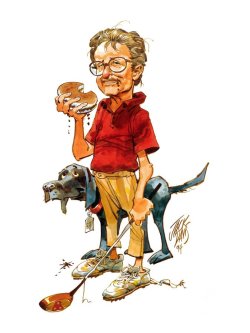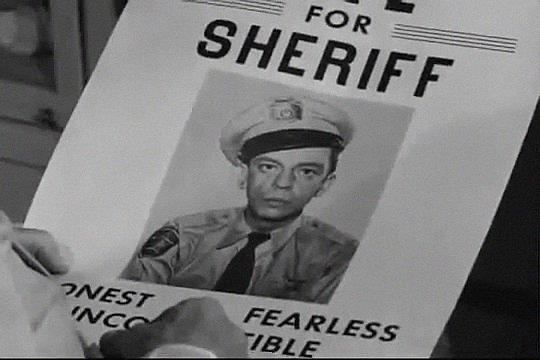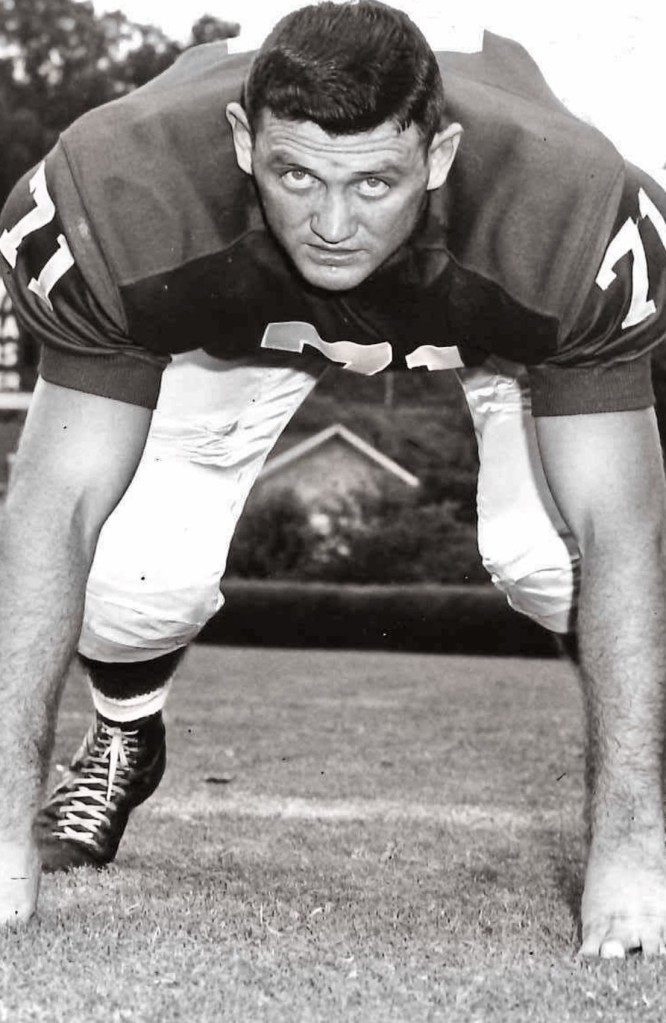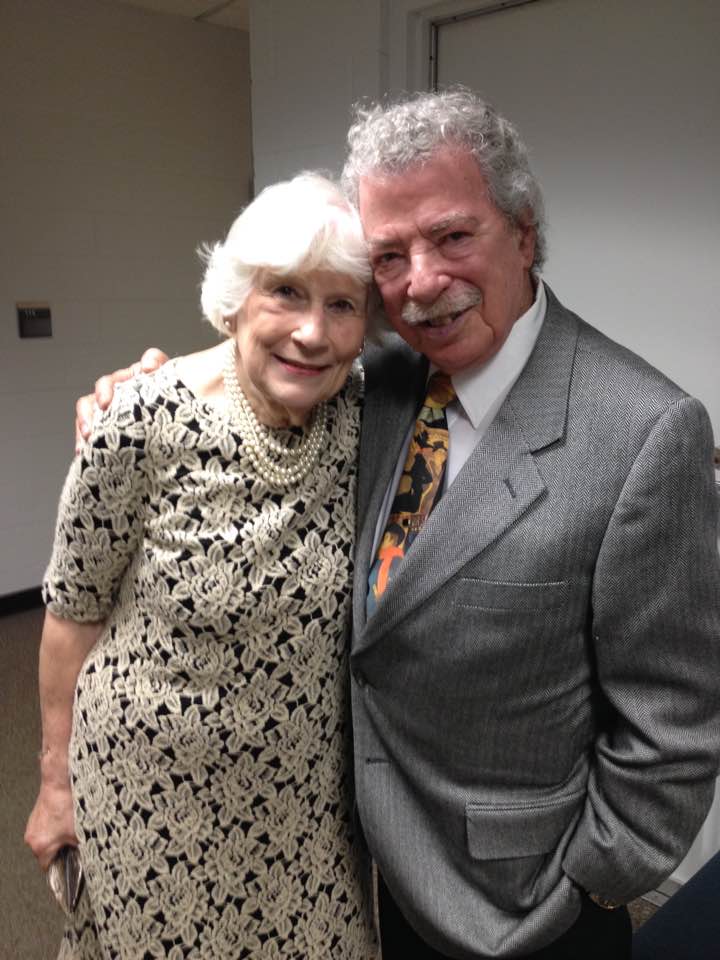Published by the Times-Georgian–January 30, 2021
by Joe Garrett
The concession stand ran out of hot dogs at halftime.
As I chatted with the man who stood in line in front of me about how much he loved traveling to the Ole Miss campus and it’s wonderful Southern atmosphere, we heard one of the workers declare—“I’m sorry everyone, but we’re out of hot dogs.”
That’s when the man in front of me walked to the counter and delivered an exceptional sermon to the Mississippi folks serving snacks and beverages.
“Here we are in one of the great places in the Southeastern Conference,” said the man. “A place where men dress up and girls in the stadium look like they’re going to a Southern ball. And you’re telling me you’re out of hot dogs.”
Then, he closed the sermon in a way that reminded me of Gregory Peck in “To Kill a Mockingbird—”
“I want you all to know that it’s a sin to run out of hot dogs at an SEC football game.”
I couldn’t help but smile as the man walked away. He wasn’t just a fan of SEC football and hot dogs. He was Lewis Grizzard.
Twenty-seven years have passed since he died, but actor Bill Oberst, Jr. reprises his role of Moreland, Georgia’s greatest citizen on Thursday, February 4 at the Carrollton Center for Performing Arts. The one-man play called “Tribute to Lewis Grizzard” is sponsored by Moe’s Southwest Grill and the family of Mike Steed begins at 7:30 p.m. Tickets are $20 and can be purchased online at cprcad.myboxoffice.us, by phone at (770) 838-1083 or at the Center for the Arts box office at 251 Alabama Street in Carrollton.
“When I first saw this show for the first time in 1999, I couldn’t believe how within just a few minutes Oberst transformed himself into Lewis,” said former syndicated columnist Mike Steed of Bowdon who died last year. “He even wears Grizzard’s actual Gucci loafers, a pair of his eye glasses and one of his golf shirts.”
Steed and Grizzard met on the Ansley Park Golf Club and became close friends for many years.
“Lewis used to love to flirt with the waitresses so I decided to play a trick on him,” said Steed. “While we were on a golf trip to Ireland, I told him I learned an Irish Gaelic phrase he could use to impress an Irish female.”
“Lewis, the next time you see that pretty waitress just look her in the eye and say—‘Pog Ma Thoin!’” Steed said to Grizzard. “It’s an Irish way of saying ‘You look so lovely.’
“In reality this phrase means ‘Kiss my…well, let’s just say an area of the body that rhymes with grass,’” continued Steed. “When the waitress returned to the table, Lewis looked at the lovely waitress with a smile and was ready to showoff his newfound skill of romantic Irish Gaelic words when he slowly uttered to her—‘Poggggg Maaaa Thoinnnn!’ The angry look on her face was priceless and we all laughed until our stomachs hurt.”
Personally, my favorite experience around Grizzard was when I approached him while he stood alone inhaling a cigarette near the concession stand at Clemson University’s Memorial Stadium in 1990.
“Are you Lewis Grizzard?” I asked.
“I sure am,” he replied as he inhaled. “And you are?”
I introduced myself and told him about standing in line for two hours to meet him at a book signing two years earlier.
“Oh yeah,” he said. “You came to one of my book signings? Well, God bless you.”
“We share something in common,” I told him. “I worked for Dan Magill as a student assistant in the athletic department.”
“You worked for Dan?” he said with a smile. “The next time you see him, tell Dan he taught me everything I know.”
I knew he wasn’t joking. In his 1981 best-selling book “Don’t Sit Under the Grits Tree with Anyone Else But Me,” Grizzard, who also worked for Magill while a student at UGA, wrote an entire chapter about our mutual mentor. He simply titled the chapter “Magill.”
For the next few minutes, I told him about a project I completed in one of my journalism classes where I had to create an advertising campaign to sell a collection of his first four books.
“You did an assignment on me?” he asked surprisingly. “How did it go?”
“I made an A,” I told him.
“Can you send it to me?” he asked. “I’d love to see it.”
“I’m not sure if I kept it, but if I didn’t throw it away like I do most of my homework projects—I’ll make sure to send it to you,” I told him.
Unfortunately, I obviously threw it in a trash can somewhere in Athens and never had an opportunity to send it to him.
“It’s nice seeing you again, Lewis,” I said as I departed. “Hopefully, the Dawgs can come back in the second half and win this game.”
“Don’t count on it,” he replied. “We look terrible.”
Another one of Magill’s former mentees was my friend and former roommate Mark Parkman from Carrollton and grandson of the late Times-Georgian publisher Stanley Parkman. His experience around Grizzard was definitely more memorable.
“I was working a golf tournament as a student when everyone at the event had left except me, a few of my co-workers, former Georgia football star Jake Scott and Grizzard,” said Parkman. “They had started playing poker and needed another person so I jumped in the game. I didn’t know how to play poker, and it didn’t go well as Jake Scott started being less than patient with my inexperience.”
That’s when Grizzard stood up for Parkman.
“Shut up, Jake,” Grizzard told Scott. “He’s just a kid.”
That’s when Grizzard reached into his pocket and handed Parkman a $20 bill.
“Do you mind going to pick us up some Krystal burgers?” Grizzard asked him.
Parkman obliged, and returned with about 40 of the gut bombers.
“When I handed the Krystal burgers to Grizzard, he graciously reached into his pocket and handed me another $20 as a tip,” said Parkman. “I guess you could say my first experience on a poker table resulted in a winning hand—or, at least, better than my time at the table with Jake.”
When Grizzard died the congregation sang “Precious Memories” at his funeral and the AJC decided to eliminate humorist columnists from its pages altogether. It’s no wonder subscriptions have declined significantly as journalism has shifted to seriousness leaving readers without the antidote of an occasional good belly laugh that’s good for the soul.
“I often think about all of the great topics from Monica Lewinsky to recent elections he never got to write about,” said Steed. “I really miss him. He would often call me at 11 o’clock at night and say, ‘Mike, I need your help. I have nothing to write about and my column is due tomorrow.’ I miss those brainstorming sessions. And I miss his brilliant wit.”
I do too.




